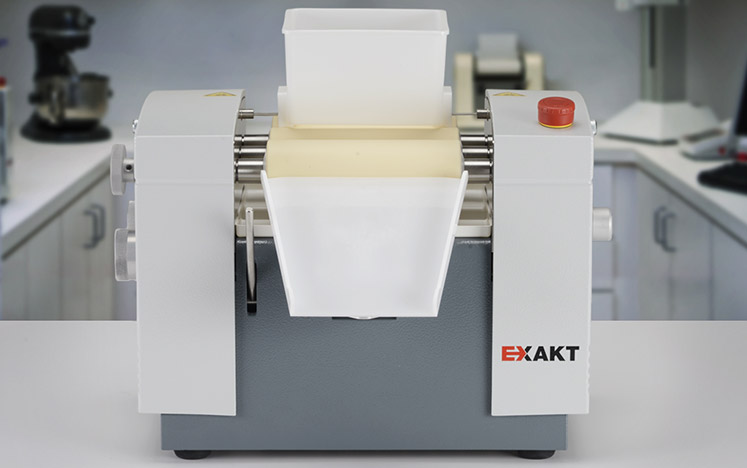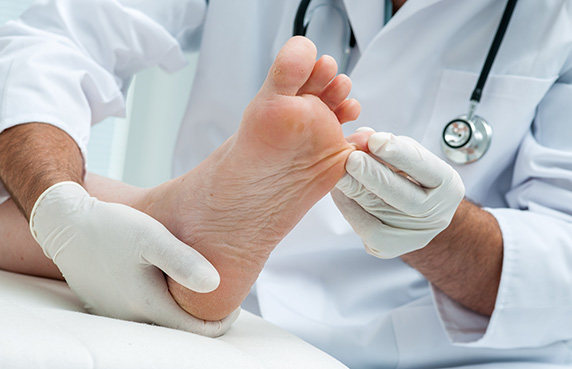Medication problems include:
- Trouble swallowing capsules or tablets
- Bad tasting medicine
- Nausea that prevents individuals from taking oral medications
- Side effects such as stomach upset or drowsiness that are not tolerable or interfere with daily activities.
All the above problems can be helped with topical and transdermal medications that can be compounded by our pharmacist.
Many medications can be absorbed through the skin instead of being taken orally or by injection. Prior to the availability of compounded dosage forms, patients who could not take oral medications frequently had to receive intravenous therapy. Injectable therapy is invasive, usually requires a properly trained caregiver and is usually significantly more expensive. But often we can compound the needed medications into a gel or cream that can be applied to the skin and avoid the need for injections or IVs.
When medication is applied topically to the site of the problem – such as an anti-inflammatory medication to a joint – less active ingredient is needed because the medication does not need to be absorbed through the gut and circulate to the site. And, additionally, there are typically fewer side effects and drug interactions, because blood levels of the drug are lower, although the tissue levels at the site of application are higher.
Pet owners no longer have to risk an infection from scratches or bites inflicted by an angry pet who is tired of having medication forced down his throat! Transdermal delivery is particularly useful in pets that receive daily “maintenance” medications and should not be stressed due to heart problems or high blood pressure. It is important that the person who is applying the medication wears a finger cot to protect him/herself from absorbing the animal’s medication.
Additionally, if a patient has fluctuating or declining liver function, transdermal administration may be advantageous because transdermal meds do not need to pass through the liver before being absorbed, like oral medications do.
Topical and transdermal therapies can be compounded to treat the following problems:
- Pain and inflammation
- Spasms
- Hormone imbalance
- Fungal infections of the skin and nails
- Nausea
- Wounds and scars
- Diabetes
- Conditions associated with autism
- Thyroid or heart disease in pets
Proper preparation of topical and transdermal medications requires the use of chemicals and specialized equipment that are not available in most pharmacies.
We welcome your questions and medication problems!
© Storey Marketing. All rights reserved.






